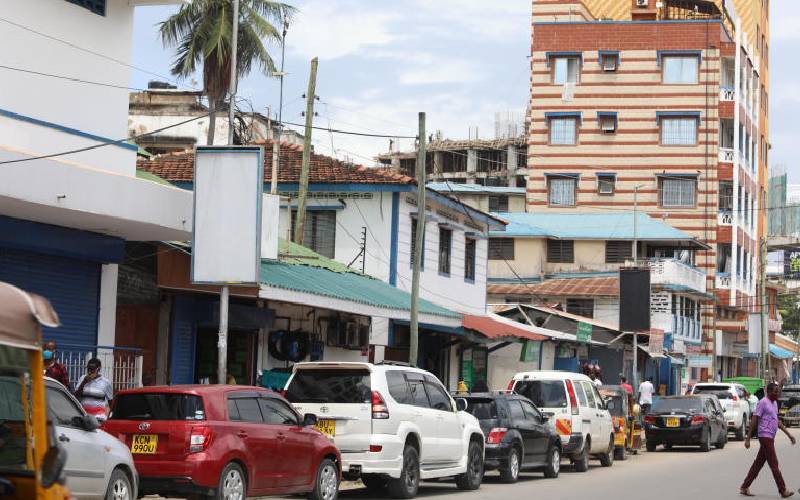
Those involved in the gambling and betting industry know the nightmare and anxiety of numbers. One hangs on to the numbers hoping to somehow control the outcome. In the last three months, the world has been glued to the daily numbers of the coronavirus statistics.
Like a daily lottery draw, we await these statistics to see how many deaths, which country had the most, what is the increase in infections, which country has overtaken another… and the worst of it is that slowly, we are getting accustomed to death, to the immense numbers!